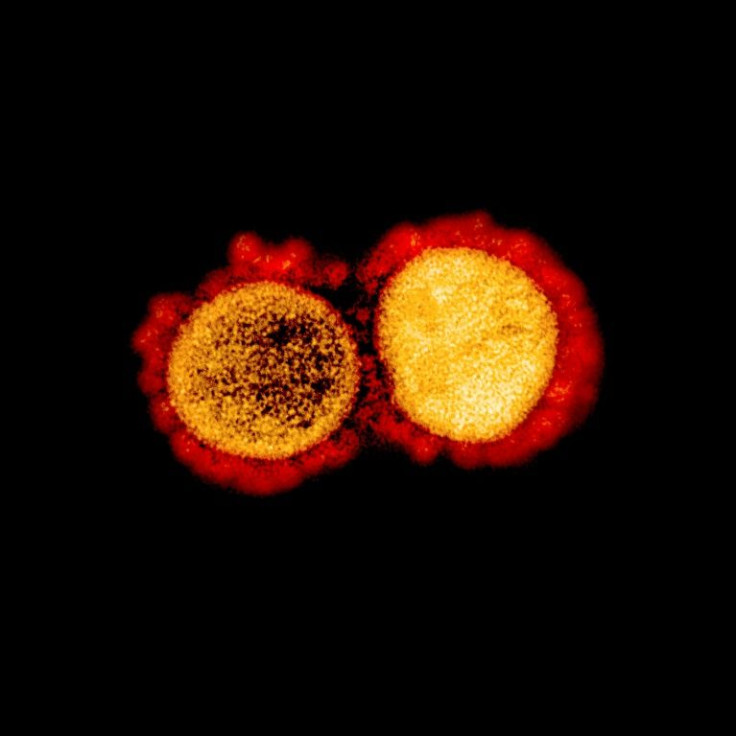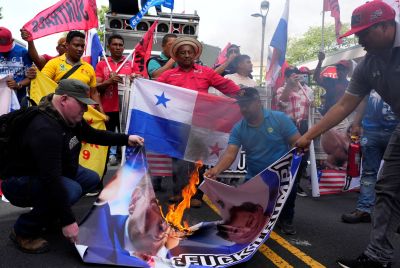Eli Lilly Applies For Emergency Approval For Covid-19 Antibodies
The US pharmaceutical firm Eli Lilly on Wednesday announced it had applied for an emergency use authorization (EUA) for a lab-produced antibody treatment against Covid-19, after early trial results showed it reduced viral load, symptoms and hospitalization rates.
"Our teams have worked tirelessly the last seven months to discover and develop these potential antibody treatments," said Daniel Skovronsky, Lilly's chief scientific officer.
The company is studying two treatments: one is a "monotherapy" of one antibody, and the other is a "combination therapy" of two antibodies working together.
In a briefing document, Lilly said it had applied for an EUA for the monotherapy and would likely apply for the combination therapy by November, once more safety data is in.
Its combination therapy of two antibodies working together was shown to be effective in a placebo-controlled Phase 2 (middle-stage) study of 268 patients with mild to moderate Covid-19.
The company's analysis showed the proportion of patients with high viral load at day 7 of their illness was 3.0 percent on the therapy, compared to 20.8 percent on the placebo arm.
Improvement in symptoms was seen as early as three days after dosing.
The rate of Covid-related hospitalization and emergency visits was 0.9 percent for patients treated with combination therapy versus 5.8 percent on placebo, a relative risk reduction of 84.5 percent.
The results for the monotherapy were also positive though less marked -- the rate of hospitalization and emergency visits was 1.6 percent across all dose levels.
One of the patients on the combination treatment had a serious side effect -- a urinary tract infection -- but the company said they thought this was unrelated to the study.
The trial is ongoing and Lilly wants to recruit a total of 800 people.

The therapies are also being studied for their potential use as a prophylaxis and as a treatment for hospitalized patients in separate trials.
Lilly said it expects to have 100,000 doses of the monotherapy available this month, and a million by the end of the year. It also expects to have 50,000 doses of the combination therapy by the end of 2020.
The findings have not yet been published in a peer-reviewed journal.
Both antibodies work by binding to different parts of spike proteins on the surface of the SARS-CoV-2 virus, distorting their structure so the virus can't invade living cells.
Antibodies are infection-fighting proteins made by the immune system and can also be harvested from recovered patients, but it is not thought possible to make so-called "convalescent plasma" a mass treatment.
Researchers can also comb through the antibodies produced by recovered patients and select the most effective out of thousands, and then manufacture them at scale.
US President Donald Trump, who has Covid-19, received a dose of synthetic antibodies produced by the firm Regeneron last week.
Regeneron has also reported encouraging results from its early trials, but hasn't yet applied for emergency approval and so remains an experimental treatment.
The US Food and Drug Administration has previously granted an EUA for the antiviral remdesivir, for convalescent plasma, and for hydroxychloroquine, which was subsequently revoked over safety fears.
In addition, US health authorities recommend the use of the steroid dexamethasone to control a damaging inflammatory response seen in later stages of Covid-19.
© Copyright AFP 2024. All rights reserved.





















